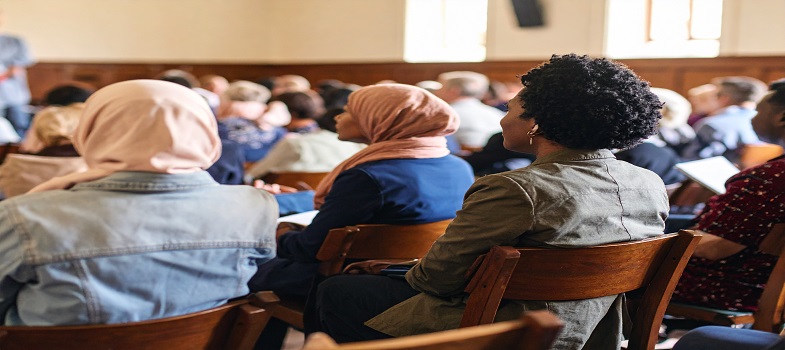Elected representatives and their roles
In the UK, elected representatives are people chosen by the public to speak and make decisions on their behalf at different levels of government. They are your voice on issues that affect your life and community.
There are different kind of elected representatives, including:
1. Members of Parliament (MPs)
- MPs represent you in the UK Parliament in Westminster.
- Each MP serves one ‘constituency’ or a local area.
- MPs make decisions on laws and national matters like immigration, health and education.
2. Local Councillors
- Councillors represent you in local councils (e.g. Birmingham City Council).
- They deal with local services like housing, schools, roads, bins, and parks.
3. Members of Devolved Parliaments (Scotland, Wales, Northern Ireland)
- If you live in those parts of the UK, you also have:
- MSPs (Members of the Scottish Parliament)
- MSs (Members of the Senedd in Wales)
- MLAs (Members of the Legislative Assembly in Northern Ireland)
4. Mayors
- There are different types of Mayors in the UK with different powers.
- Ceremonial Mayors: Many towns and cities have ceremonial mayors also known as Lord Mayors who carry out duties like attending public events, but don’t have political power.
- Directly Elected Mayors: In England, some local authorities have elected mayors who oversee services and budgets. Regional Mayors are also directly elected leaders. They oversee combined authorities – that is, groups of local councils working together across a wider area, like the West Midlands Combined Authority. These mayors are also known as Metro Mayors and have powers over key areas like transport, housing, skills, and economic development.
Last modified: Friday, 5 September 2025, 5:07 PM
